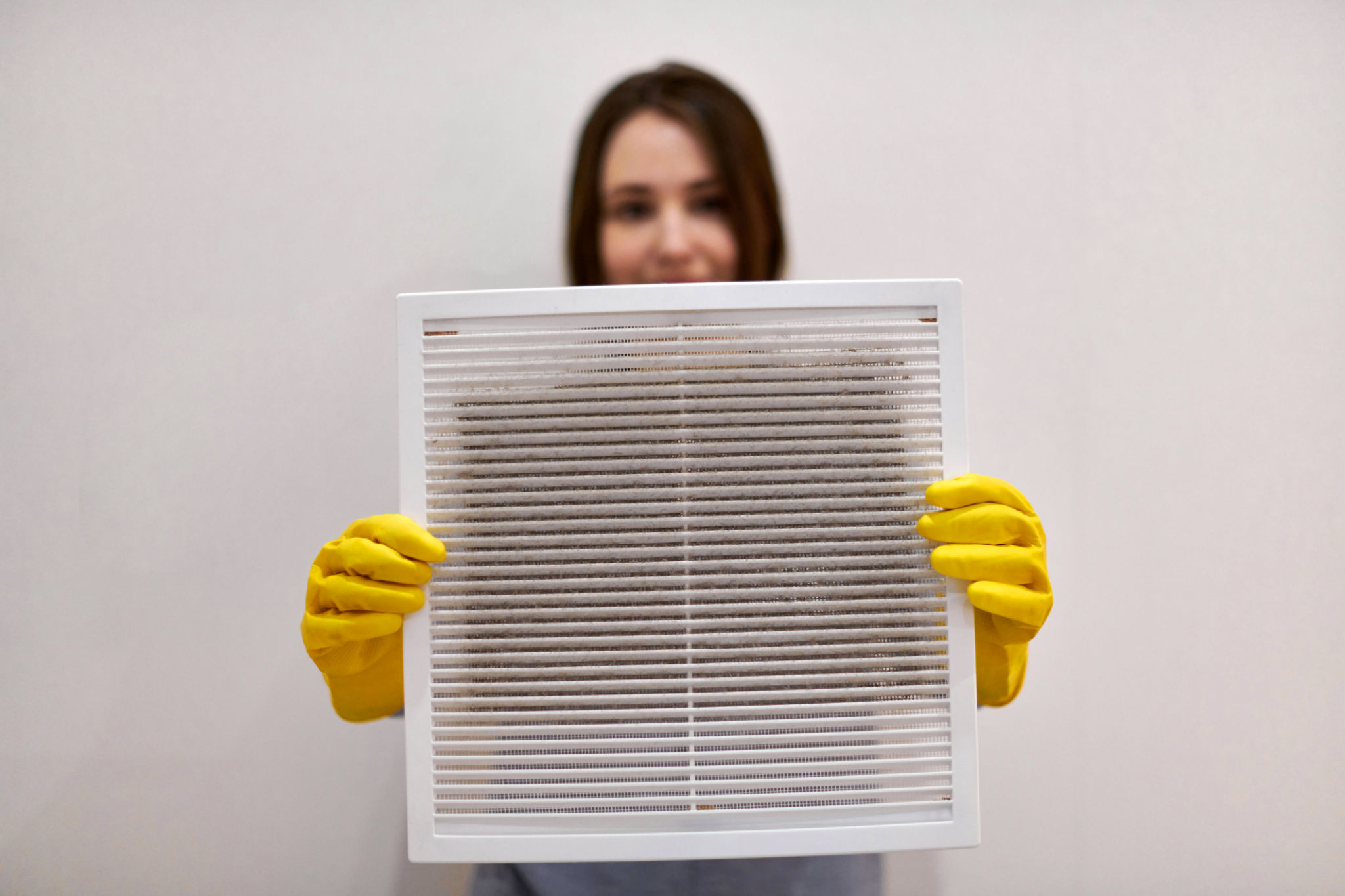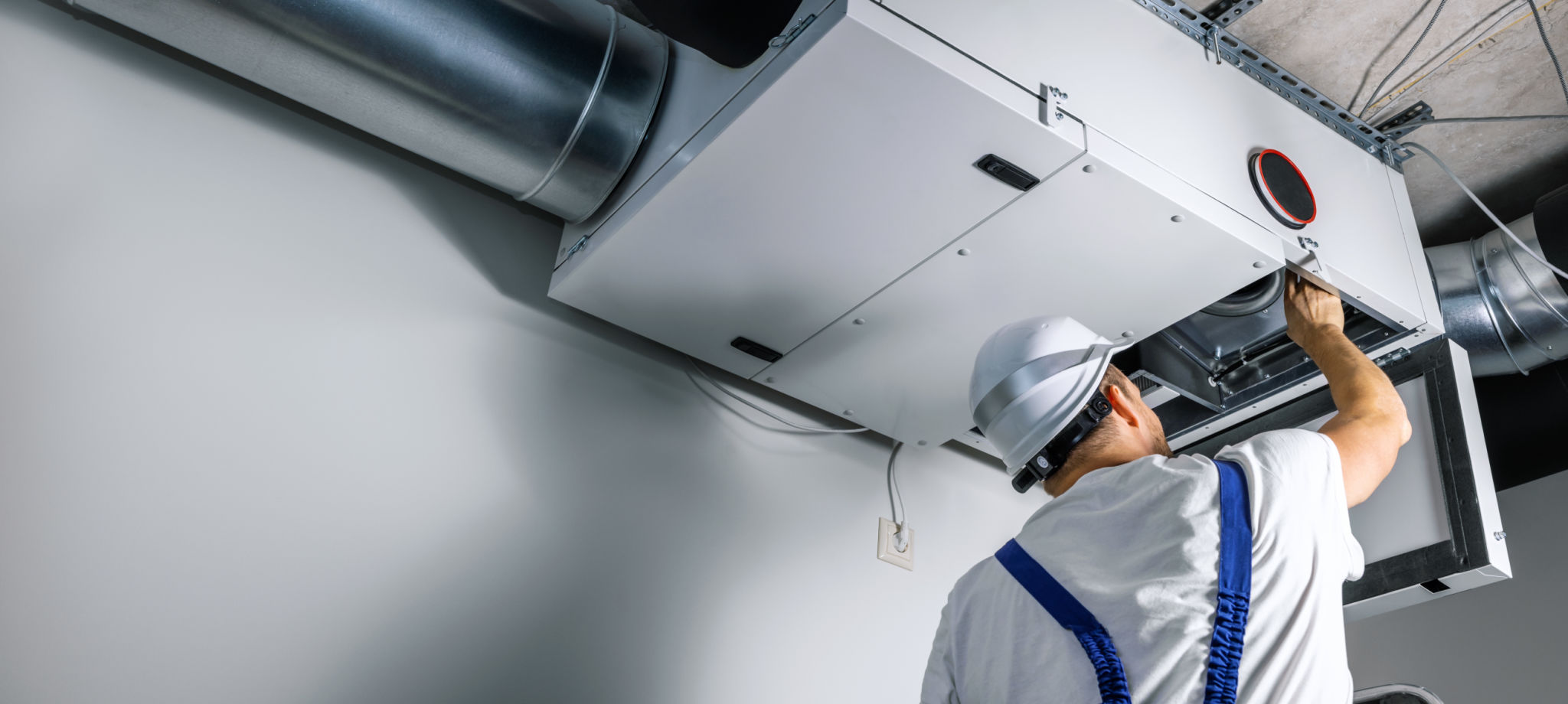How to Extend the Lifespan of Your HVAC System with Preventive Care
Introduction to HVAC Preventive Care
Maintaining a comfortable and healthy indoor environment is essential, and an efficient HVAC system plays a crucial role in achieving this. To ensure your HVAC system remains in top condition and serves you well for years, implementing a comprehensive preventive care plan is vital. This guide will walk you through effective strategies to extend the lifespan of your HVAC system.
Regular Filter Replacement
One of the simplest yet most effective maintenance tasks is to regularly replace your HVAC filters. Dirty or clogged filters can significantly reduce system efficiency, causing it to work harder and potentially leading to a breakdown. It is recommended to check your filters every month and replace them every 1-3 months, depending on usage and air quality.

Choose the Right Filter
When replacing filters, ensure you are using the correct size and type for your system. Filters come in various ratings, known as MERV ratings, which indicate their ability to capture particles. Consult with your HVAC manual or a professional to determine the best option for your specific needs.
Schedule Professional Inspections
While there are numerous DIY tasks you can perform, scheduling regular professional inspections is crucial for your HVAC system's longevity. HVAC technicians have the expertise to identify potential issues before they become severe problems, saving you time and money in the long run.

What to Expect During an Inspection
During a professional inspection, technicians will check various components, including the thermostat, electrical connections, and refrigerant levels. They'll also clean coils and check for leaks or other signs of wear and tear. These inspections should be done at least once a year, ideally before the heating or cooling season begins.
Keep Your System Clean
Dirt and debris can accumulate in and around your HVAC system, leading to inefficiencies and damage over time. Regularly clean the area around your outdoor unit, removing leaves, dirt, and other debris that might obstruct airflow. Additionally, ensure that your indoor vents are free from dust and obstructions.

Maintain Proper Airflow
Blocked vents can cause uneven heating or cooling and put extra strain on your system. Make sure furniture or curtains are not covering vents. Additionally, consider using a vacuum with a brush attachment to clean vent grilles periodically.
Check and Seal Ductwork
Your HVAC system's ductwork plays a critical role in distributing air throughout your home. Leaky ducts can lead to significant energy loss and increased utility bills. Regularly inspect ductwork for any visible signs of wear or damage and use mastic sealant or metal tape to seal any leaks you find.
Insulate Ducts
In addition to sealing leaks, insulating ducts can further improve your system's efficiency by minimizing heat loss or gain as air travels through your home. This is particularly important for ducts located in unconditioned spaces like attics or basements.
Conclusion
Investing time in preventive care for your HVAC system not only extends its lifespan but also enhances its performance and efficiency. By regularly replacing filters, scheduling professional inspections, keeping the system clean, and ensuring ductwork is sealed and insulated, you can enjoy a comfortable indoor environment while saving on repair costs and energy bills. Remember, a little maintenance goes a long way in preserving your HVAC system's health.
